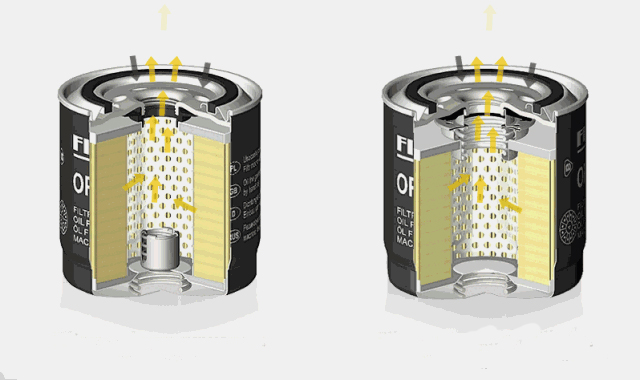Automotive filters are essential components that protect the engine and extend its lifespan by filtering out harmful particles such as dirt, dust, and water. Filters ensure efficient combustion and safeguard the engine from wear and tear, directly impacting the vehicle's performance in areas like fuel efficiency and emissions reduction. This article explores the working principles of automotive filters and how their performance is evaluated.
Working Principle: Air filters clean the air entering the engine by trapping dust, dirt, and other particles. Clean air entering the combustion chamber allows for more efficient combustion.
Performance Analysis: The performance of an air filter is measured by the quality and porosity of its material. High-quality air filters can trap more contaminants without restricting airflow. If not maintained regularly, a clogged air filter can increase fuel consumption and decrease engine performance.
Working Principle: Oil filters remove metal particles, dirt, and carbon deposits from the circulating engine oil, keeping it clean and reducing friction between engine components.
Performance Analysis: An oil filter's effectiveness is determined by how much oil it can filter and the size of the particles it can capture. Low-quality oil filters can lead to engine wear and long-term engine failure. If the filter is not replaced, oil quality deteriorates, causing the engine to work harder.
Working Principle: Fuel filters trap dirt, debris, water, and other contaminants from the fuel before it reaches the engine, ensuring clean fuel delivery for efficient engine performance and preventing injector clogging.
Performance Analysis: Fuel filter performance depends on its filtration rating and contaminant-holding capacity. High-performance fuel filters can capture even fine particles, extending the life of the injectors and fuel system. A clogged fuel filter can lead to reduced engine power and even difficulty starting the vehicle.
Working Principle: Cabin filters clean the air entering the vehicle's interior, trapping pollen, dust, exhaust fumes, and other harmful substances, protecting the health of the driver and passengers.
Performance Analysis: The performance of a cabin filter is measured by how well it improves indoor air quality. High-quality cabin filters effectively trap allergens and fine dust particles. A low-quality or clogged cabin filter can degrade the air quality inside the vehicle and negatively affect the performance of the air conditioning system.
At Core Filter, we provide high-quality, long-lasting filter solutions to ensure your automotive filters perform at their best. Our filters help improve vehicle performance while protecting the engine and other components.
